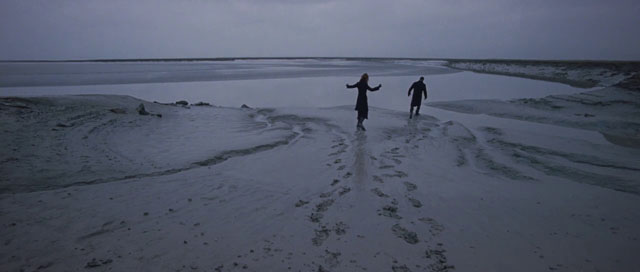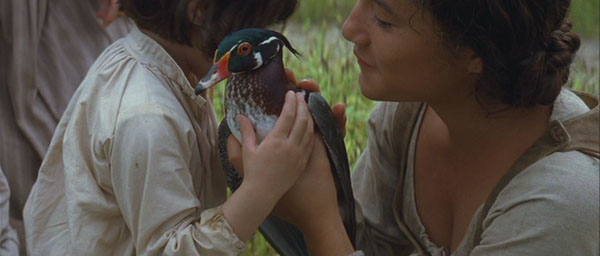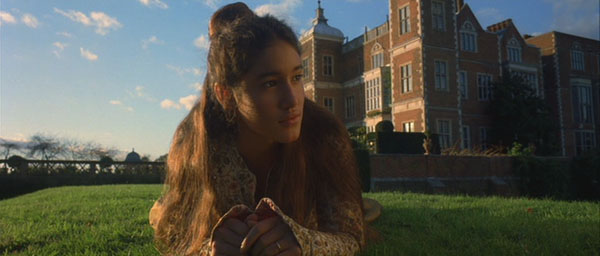This completely lived up to expectations. I’ve been a big Malick fan since The Thin Red Line, and this movie showed plenty of his current style (whispered voiceovers about pained relationships as the camera pans up through the trees) while forging a whole new one, had the boldness to turn a man’s memories and inner life into a visual montage of the history of the planet Earth. It shows small moments, real and imagined, and becomes almost completely untethered to plot. It’s almost unbelievably gorgeous in the way it looks and moves through time. But all this is what I expected, from reading vague reports of the film’s genesis as Malick’s intended follow-up to Days of Heaven, to its winning the top prize at Cannes last month, to the rapturous critical acclaim it’s been receiving upon release. I expected the best, most ambitious movie of the year, by a long shot, and that’s pretty much what I got, so I’m gonna have to process it for a while.

Jack and his brothers live in a quiet Texas town with proud, hardass father Brad Pitt (representing Nature in the film’s mythology) and pure, uncritical mother Jessica Chastain (representing Grace), both of them loving in their own way. Years later, Jack is Sean Penn working at a giant, modern architecture firm, looking world-weary. He chats with dad on the phone (we don’t get to see Brad pull out the Ben Buttons old-age makeup), but Katy guesses that mom has died, maybe recently. Oh, also there’s the history of the universe and of life on earth, with CG dinosaurs. The movie scatters its narrative for so long, it’s like a two-hour trailer for a life-length feature (or perhaps just the rumored six-hour cut). It’s like nothing else, ever, not 2001: A Space Odyssey or Malick’s earlier movies or anything else it’s being compared to.

Production design by “man in the planet” Jack Fisk (all five Malick features, four by Lynch plus There Will Be Blood and Phantom of the Paradise), shot by Emmanuel Lubezki (The New World, Sleepy Hollow, all the Alfonso Cuarón movies), music (very good, sometimes too large and overpowering) by Alexandre Desplat (Fantastic Mr. Fox, Birth) and edited by a bunch of guys (including, counterintuitively, Jarmusch’s buddy Jay Rabinowitz).

It’s not hard to find people walking about Tree of Life, but it’s surprisingly hard to find film critics as unhesitatingly impressed by it as I was. Suppose they’re doing their job, hesitating to fully recommend the most narratively unhinged major film of the year. I haven’t been recommending it around much myself. P. Bradshaw in The Guardian calls it “a rebuke to realism, a disavowal of irony and comedy.” The movie has no built-in defense against people who snicker at the cartoon dinosaurs and the whispered voiceovers and the biblical metaphors. It takes itself very seriously and demands that you do the same, or the whole thing could fall apart.
–
EDIT 2021: I watched this again – the extended version – and the only notes I took were:
– I don’t remember the abusive mustache neighbor
– too much high-pantsed brad pitt looking disappointed in this version
But at the time of viewing, I felt the full glory and splendor of the Malick, which is what I needed. I’ll revisit this post again when I get to the blu extras.







































